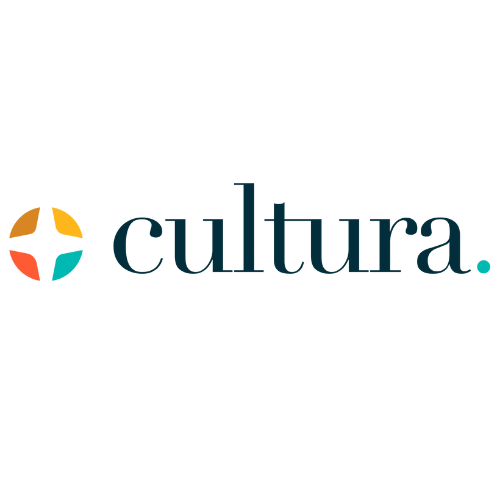GAMBLING HARM
GAMBLING HARM: SUMMARY
Key messages for supporting someone who is experiencing gambling harm:
|
- There are specialised services that support the person who is gambling and those who are affected by someone else’s gambling. As a worker, you can help prepare your client for a referral to a specialist service.
- Gambling can cause harm to the person who is gambling as well as to the people around them.
- Research says the best way to identify someone experiencing harm from gambling is to ask them about gambling.
- There are tools and strategies people who gamble can use to control and/or reduce their gambling.
- Gambling is commonplace in Australian culture. It is almost impossible to not be exposed to it, especially when watching TV or sport. Australia has 20% of the world’s pokie machines.
Community support services
| Meli | Meli offer a Gambler’s Help Program in the Geelong & Colac regions. Workers and clients can call, email or complete an online referral form to get support. | |
 | Cultura have a financial counsellor who is specially trained to support people whose gambling is causing them harm. Workers and clients can call, email or complete an online form to get support. | |
 | Online chat available | Counselling, information & support 24/7, for professionals and anyone affected by gambling |
USEFUL RESOURCES
 |
|
 |
|
GAMBLING HARM: DEEP DIVE
Key messages for supporting someone who is experiencing gambling harm
|
Definition
Research has identified seven types of harm that can be experienced by people who gamble and those close to them. These harms can be experienced on a spectrum that extends from no harm through to very severe harm. They can range from minor negative experiences to crisis point.
 | Frontline workers in the community can be the first port of call for people experiencing harm from gambling. A person whose gambling is causing them harm may not have spoken about it previously, or be ready to ask for help. This could be due to a number of factors, including:
|
Therefore it is important for frontline workers to be able to:
|  |
Signs of gambling harm
Initial signs of harm:
| Advanced signs of harm:
|
Having the conversation – things you might say if you suspect someone’s gambling is causing them harm
- It is important to be genuine when having difficult conversations, so practice starting the conversation in a way that feels comfortable to you. It is useful to consider what has worked well for you in difficult conversations previously.
- Familiarise yourself with the change process as your client may not be ready to recognise or talk about their gambling as something that could be causing them harm.
You could start by enquiring generally but genuinely:
Or, if you know the person is gambling you could be more specific:
Self-help tools for people who gamble
- There are various tips, tools and programs people can access if they have noticed that gambling is negatively impacting their life, including tracking spending, self-exclusion or even just hearing the stories of others who have been in a similar situation. We have included two tools below, but there are plenty more to explore here.












